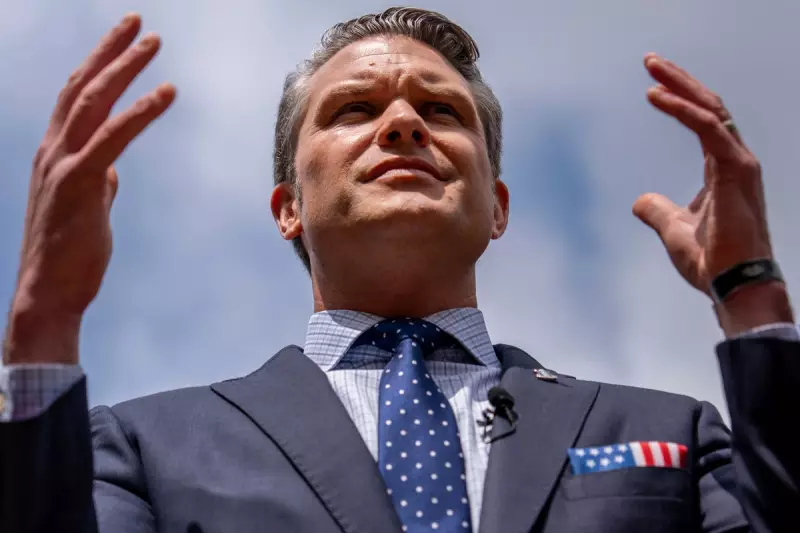
Former Fox News personality Pete Hegseth has ignited a firestorm of controversy after making deeply disturbing comments about President Joe Biden during a recent podcast appearance.
Shocking Remarks on The Charlie Kirk Show
During his appearance on conservative commentator Charlie Kirk's program, Hegseth launched into a troubling tirade against the President. The conversation took a dark turn when Hegseth described Biden as appearing "manic" before making an alarming comparison.
"If we're in a different time, and if this was a different country, you'd be like, 'That's a candidate that would be headed towards an assassination,'" Hegseth stated, sending shockwaves through the political community.
Immediate Backlash and Criticism
The comments prompted immediate condemnation from political figures and media watchdogs alike. Many expressed concern about the normalization of violent rhetoric in political discourse, particularly given America's history of political assassinations.
Social media platforms exploded with outrage, with users condemning what they described as dangerous and irresponsible commentary from a prominent media figure.
Context of Escalating Political Rhetoric
Hegseth's remarks come amid growing concerns about increasingly violent political language in American media. The incident raises serious questions about the responsibility of media personalities in maintaining civil political discourse.
This isn't the first time Hegseth has courted controversy with his commentary. The former Fox & Friends host has built a reputation for making provocative statements, though this latest incident represents a significant escalation.
Broader Implications for Media Ethics
The incident has sparked renewed debate about the boundaries of acceptable political commentary and the role of media platforms in moderating dangerous speech. Many are calling for greater accountability for public figures who normalise political violence through their rhetoric.
As the story continues to develop, it serves as a stark reminder of the powerful influence media personalities wield in shaping political discourse and the potential consequences when that influence is misused.






